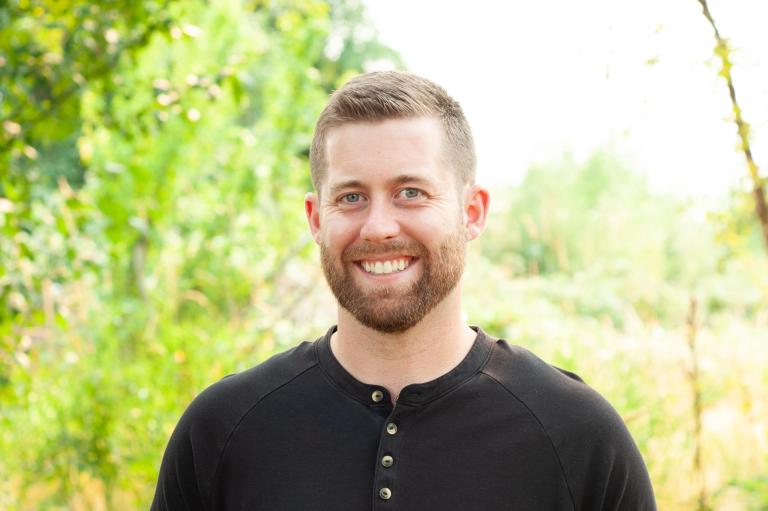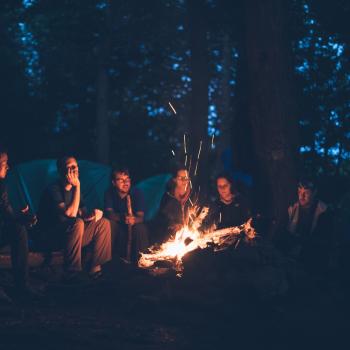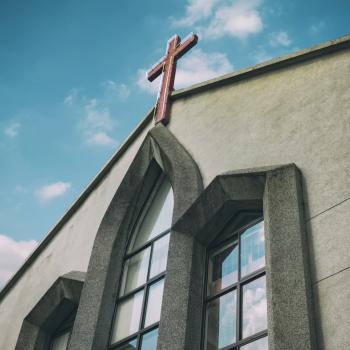
I sat in the front row of my childhood church in what I knew to be my family’s final service with the community I had grown up with. Ordained in the United Methodist Church, my dad was subject to being reappointed on occasion, whenever the bishop decided a change was to be made. To my knowledge, it’s a process somewhat akin to that of a general manager’s office in the Major Leagues: a group of advisors (known as district superintendents) and the bishop sitting around a boardroom table, moving pastors’ names around on a big whiteboard as if preparing for draft day.
This year, we were one of the names on the board.
And so I sat in this familiar, one hundred-year-old sanctuary, the paint on the walls markedly cleaner and more recently painted than when we first arrived. Now at 18, I had spent more than ten years as part of this community and many of my formative memories had taken place within these walls.
As community members walked to the front of the sanctuary, again and again wishing us well and sharing stories from eleven years of friendship and connection, I felt increasingly overwhelmed by the transition that was taking place. One of the final church members to share that morning began to cry as she spoke of finding a spiritual home in this place, a group and community to call her own.
She shared what it meant to her to watch our once-young family grow up, seeing my older brother venture off to college, and watching from afar as I chased my baseball dreams. It was when she got to me that I lost it. Her eyes locked on mine and tears began to streak down my face, an impulse I still have to this day whenever I see another person cry.
As the service wrapped up and my tears refused to slow, I found myself being embraced again and again by community members and people I had come to view as elders and family friends. My eyes, scanning across the room, landed on one of the oldest gentlemen in our church striding toward me with determined focus.
Dale had been an ever-present figure in my growing up, attending every Sunday service, along with various committee meetings, adult education classes, and church outings. As I played in the corner of church meetings or sprinted across the grass at church potlucks, Dale would invariably be meandering around, engaging in small talk with anyone he could. If there was a church event, he was there.
He walked toward me, his long stride slowing as the sea of people began to evaporate, the celebration of our time there moving from the sanctuary to the coffee area. He came up to me, his eyes still locked on mine, and placed a firm hand on my shoulder, uttering a statement I would never forget.
“Men don’t cry.”
I stood for a moment in shock, not quite sure how to respond, while another church member quickly stepped in and whisked Dale away. In the momentary reprieve from hugs and attention, I felt alone and confused, riddled with questions emerging from an unknown space within me.
Why would he say that to me?
How could someone be so unempathetic?
And most of all: if this is what a lifetime of spiritual formation produced, why even bother?
Becoming Faithful Questioners and Social Poets
Even before this experience, I had become more and more uncomfortable with Church, its doctrines, and belief systems. Despite growing up within a progressive faith setting, I felt like I was being asked to place my trust in a god I couldn’t believe in. To this day, I still have this feeling when I walk into most religious spaces, which is why I don’t often choose to go.
And yet, I’m a deeply spiritual person and I long for some form of communal spirituality.
For a long time I’ve felt a sort of inner conflict, a sense of being unreconciled within myself. I’ve had to search for people, as if hidden in the shadows, who have my same longing and desire to engage a healthy and embodied spirituality.
This blog is intended to serve as a space of reflection, exploration, and inner engagement for those of us who feel this way.
Perhaps you are still attending a church, but you feel a lack of spiritual depth there.
Or perhaps, like me, you’ve mostly bowed out of institutional religion, opting instead to search for ways that might feed your inner self beyond the walls of any organization.
Regardless, this space is for you and your journey.
In every post, my hope is to provide a little bit of something that may increase our individual and collective capacity to become faithful questioners and social poets (I’ll expand on this more in the coming week). You’ll read personal stories, wisdom from elders and teachers, and be invited to engage your own spirituality through reflection questions and body practices.
A high school teacher by training and a workshop and group leader by passion, I hope this space is of benefit for you as you develop your own sense of an embodied spirituality.













